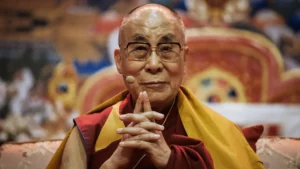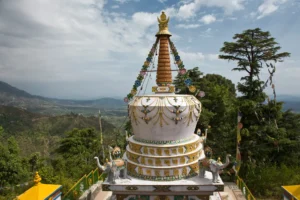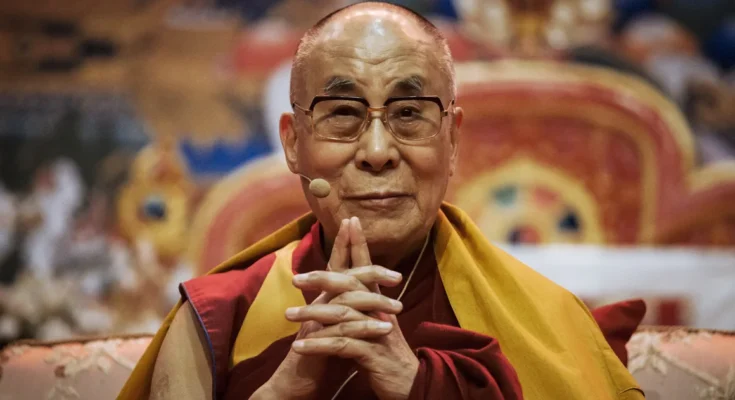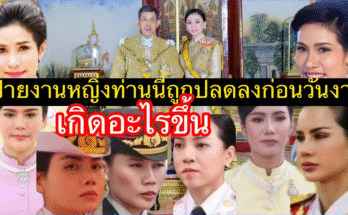
For decades, the Dalai Lama has been the global face of Tibet’s peaceful struggle for autonomy under Chinese Communist Party rule. As he approaches his 90th birthday, he faces what may be his final and most critical battle: determining the future of his reincarnation — a core belief in Tibetan Buddhism, where revered lamas are believed to choose their place of rebirth to continue guiding followers.
In a recent statement, the Dalai Lama confirmed that the institution will continue and declared that only his office holds the authority to identify his successor, directly challenging China’s claim to control the reincarnation process. Since fleeing Tibet after a failed uprising in 1959, the Dalai Lama has lived in exile in Dharamshala, India, becoming a spiritual anchor for Tibetans worldwide.
Beijing, however, maintains that only the Communist Party has the authority to appoint reincarnated lamas, including the next Dalai Lama — part of its broader goal to control Tibetan Buddhism and integrate the region more tightly into the Chinese state. China brands the Dalai Lama a separatist and blames him for unrest in Tibet, although he has long advocated for a peaceful “middle way” seeking autonomy, not independence.
In his recent memoir, Voice for the Voiceless, the Dalai Lama reiterates that his reincarnation will be born in a “free country,” urging Tibetans to reject any candidate chosen by Beijing. His passing could leave a vacuum in leadership and potentially embolden younger, more radical exiles to push for full independence — a move likely to provoke further tensions with China.
Ultimately, the Dalai Lama remains a unifying symbol for Tibetans, embodying their unique culture, identity, and religion, which many fear is being steadily erased under Chinese rule. The battle over his successor will shape the future of both Tibetan Buddhism and Tibetan political resistance.




